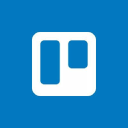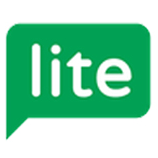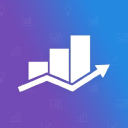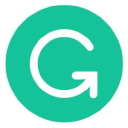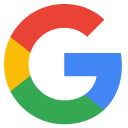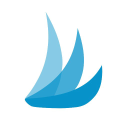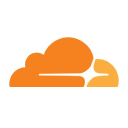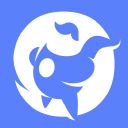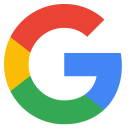How I Started A $6K/Month Personal Finance Media Platform For Women
Hello! Who are you and what business did you start?
Hi all! I’m Marjolein Dilven, and I’m the founder of Radical FIRE. Radical FIRE is a personal finance platform that talks about financial freedom and financial independence, done by women for women. We’re aiming to help women all over the world by teaching them about investing, saving money, and making money.
Creating this business has helped me live the life I want while helping others create their dream life. I am currently traveling the world with my partner, after quitting my day job in September 2022 to work on Radical FIRE full-time. I currently have around $6,000 in monthly revenue, which is a 120% increase compared to last year. That’s why I felt confident enough to take the leap from my 9-5 job to entrepreneurship. It’s always been my dream to travel and I’m happier for it.


